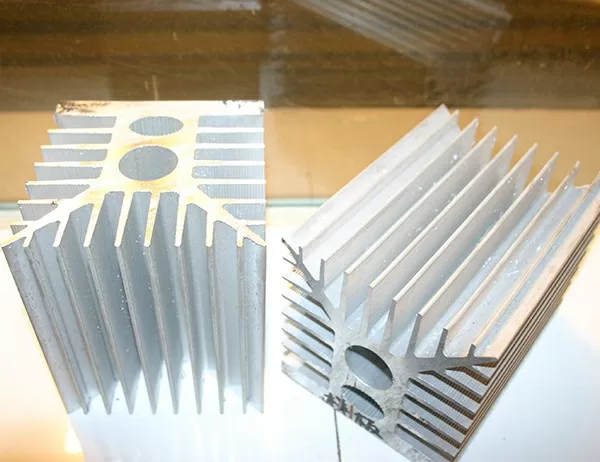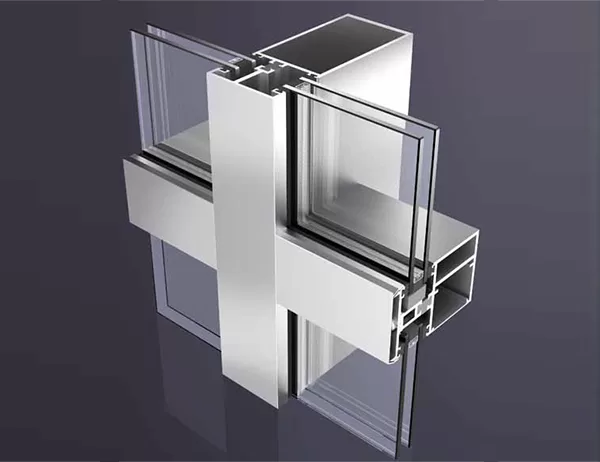In the realm of engineering, where creativity and precision collide, innovative materials hold the key to unlocking the potential of our projects. Among these materials, aluminum alloy tubing stands out as a game-changer, offering a myriad of advantages that can revolutionize your designs.
Lightweight and Durable
Aluminum alloy tubing boasts an exceptional strength-to-weight ratio. It is incredibly lightweight, allowing for sleek and portable designs without compromising structural integrity. Simultaneously, its high strength and durability make it an excellent choice for demanding applications where robustness is paramount.
Corrosion Resistance
Aluminum alloy tubing is highly resistant to corrosion, ensuring that your projects retain their structural integrity and aesthetic appeal over time. This resistance is particularly valuable in harsh environmental conditions or applications involving exposure to moisture or chemicals.
Formability and Machinability
The pliability of aluminum alloy tubing allows it to be easily manipulated into complex shapes, providing engineers with the freedom to create intricate designs. Its excellent machinability makes it a breeze to cut, weld, and fabricate, reducing production time and costs.
Electrical Conductivity
Aluminum alloy tubing exhibits excellent electrical conductivity, making it a suitable choice for electrical engineering applications. Its ability to efficiently conduct electricity opens up possibilities for various projects, from power distribution to electronic enclosures.
Thermal Conductivity
Aluminum alloy tubing is a highly efficient conductor of heat, making it ideal for applications that require thermal management. Its ability to quickly dissipate heat can prevent overheating and extend the lifespan of your systems.
Cost-Effective
Despite its premium qualities, aluminum alloy tubing is remarkably cost-effective compared to other materials. Its lightweight nature reduces transportation costs, and its ease of fabrication saves on labor and production time.
Applications
The versatility of aluminum alloy tubing extends across diverse industries, including:
Aerospace and automotive: Lightweight structures, frames, and components
Construction: Structural supports, cladding, and window frames
Electrical engineering: Conduits, enclosures, and heat sinks
Process industries: Piping, vessels, and heat exchangers
Conclusion
Aluminum alloy tubing is an indispensable material for engineering projects that demand a combination of strength, lightness, corrosion resistance, and cost-effectiveness. Its versatility and adaptability make it suitable for a wide range of applications, from high-performance structures to intricate electronic enclosures. By embracing this transformative material, engineers can unlock new possibilities and achieve unparalleled results in their innovative endeavors.




